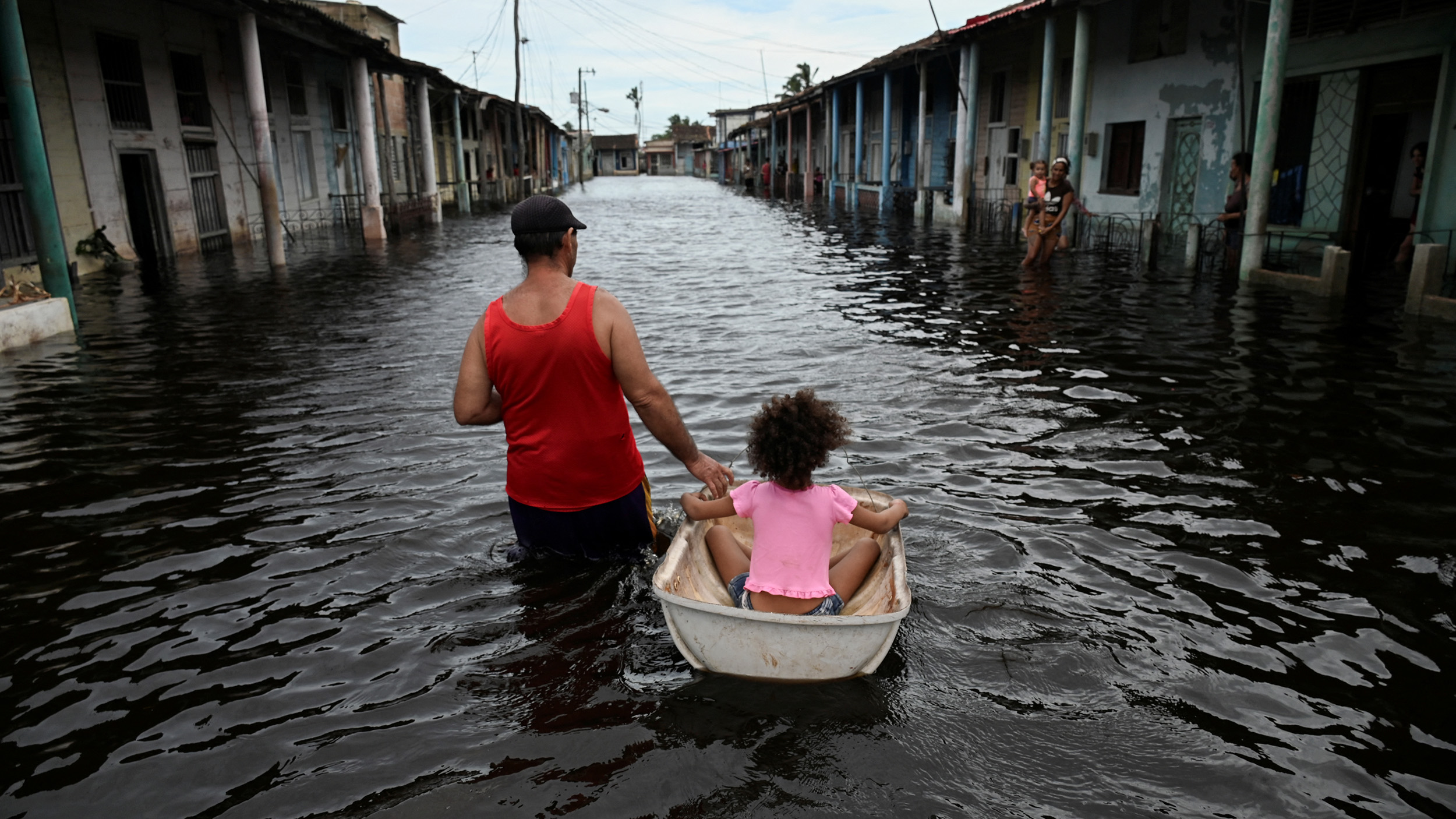Author and food activist Nina Planck was raised on a family farm in Virginia, where she learned to appreciate "real," traditional foods. She worked as a reporter for TIME Magazine[…]
Sign up for the Smarter Faster newsletter
A weekly newsletter featuring the biggest ideas from the smartest people
In the future, there will be more small slaughterhouses, more small creameries, and more regional food operations—and we’ll be healthier as a result.
Question: Are you optimistic that humans will eat better in the future?
Nina Planck: I am optimistic. Industrial food carries on. It grows. It brings new abominations daily. It’s awful. I pay no attention to industrial food because all of the things that I care about and I know are tasty and I know are good for us are also growing in popularity and in volume and scale. More people want to buy raw milk than can find it. More people want organic food than can find it, so at the moment it’s a seller's market. What we need are more farmers and producers and purveyors of real food because there are loads of hungry mouths who want to buy it. Prices will come down to a point, but in the end we’re spending a little more on food because it is worth more.
Question: What will our eating habits be like in 2050?
Nina Planck: In 2050. eating habits will be more slow, more real, more local, more regional, more fresh foods preserved for the winter. There will be more small slaughterhouses, more small creameries, more regional food operations, which we need desperately. There will be more middlemen and I come out of the farmers’ markets world and have a business running farmers markets in London, so I am a champion of direct marketing between the producer and the consumer. That is as short as the food chain gets except for growing or raising your own food—which, by the way, is on the rise—and still I’m a fan of middlemen in the market for regional and real foods. We need these guys. We need these guys with a truck bringing real dairy products into big cities like New York. We need the small and medium sized dairy farms aggregating their milk in one creamery. All of these things will be easier to find in 2050 and we’ll be healthier for it.
Recorded March 25th, 2010
Interviewed by David Hirschman
Nina Planck: I am optimistic. Industrial food carries on. It grows. It brings new abominations daily. It’s awful. I pay no attention to industrial food because all of the things that I care about and I know are tasty and I know are good for us are also growing in popularity and in volume and scale. More people want to buy raw milk than can find it. More people want organic food than can find it, so at the moment it’s a seller's market. What we need are more farmers and producers and purveyors of real food because there are loads of hungry mouths who want to buy it. Prices will come down to a point, but in the end we’re spending a little more on food because it is worth more.
Question: What will our eating habits be like in 2050?
Nina Planck: In 2050. eating habits will be more slow, more real, more local, more regional, more fresh foods preserved for the winter. There will be more small slaughterhouses, more small creameries, more regional food operations, which we need desperately. There will be more middlemen and I come out of the farmers’ markets world and have a business running farmers markets in London, so I am a champion of direct marketing between the producer and the consumer. That is as short as the food chain gets except for growing or raising your own food—which, by the way, is on the rise—and still I’m a fan of middlemen in the market for regional and real foods. We need these guys. We need these guys with a truck bringing real dairy products into big cities like New York. We need the small and medium sized dairy farms aggregating their milk in one creamery. All of these things will be easier to find in 2050 and we’ll be healthier for it.
Recorded March 25th, 2010
Interviewed by David Hirschman
▸
5 min
—
with





